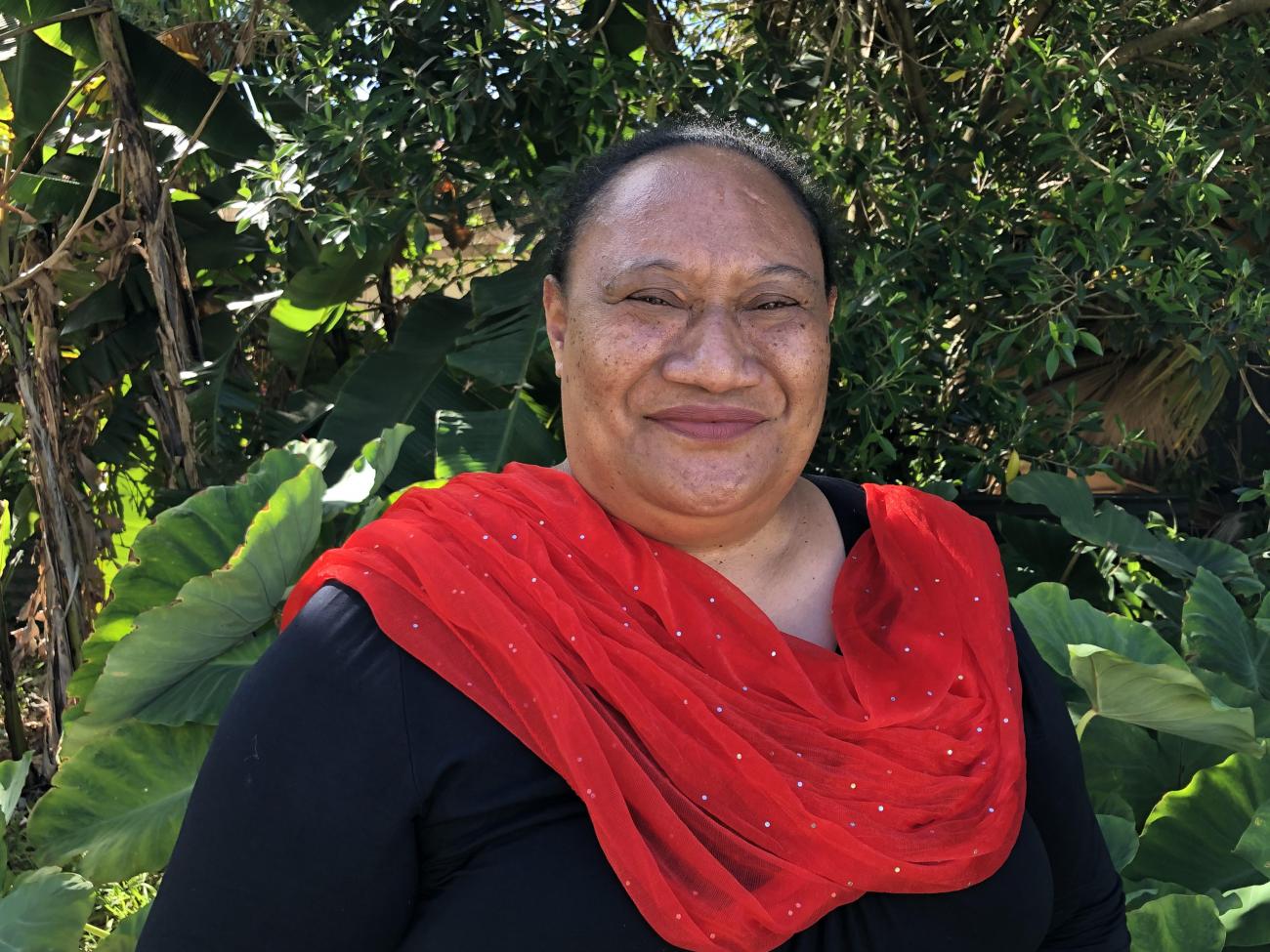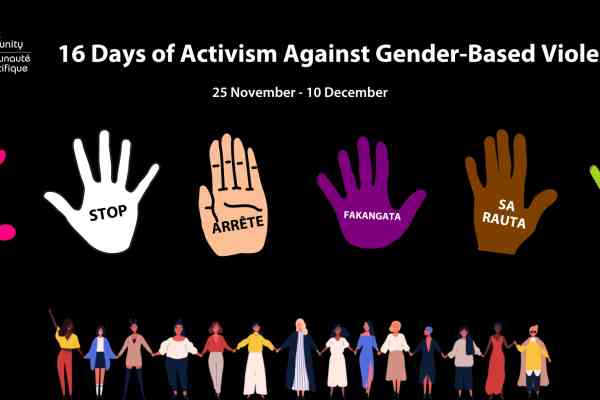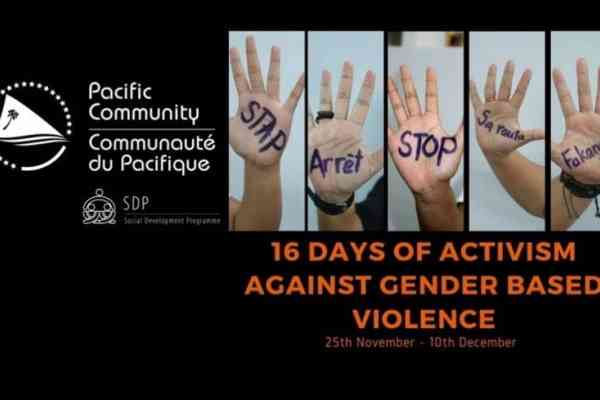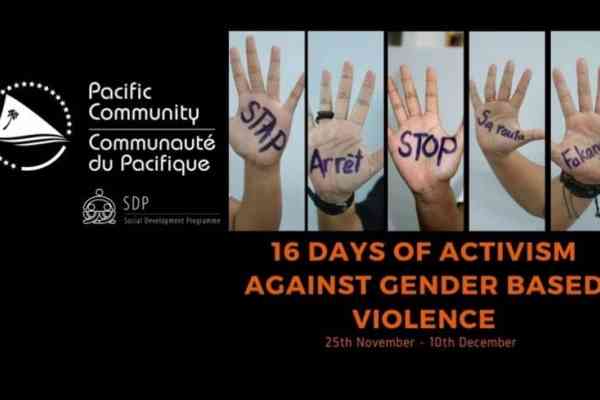(contenu disponible en anglais uniquement)
Spotlight: Women in Leadership in the Pacific
The 16 days of activism campaign concluded last week with advocacy on issues not only relating to ending violence against women and girls but also on supporting women in attaining economic empowerment across all sectors in the Pacific.
The campaign is an annual international event that kicks off on 25 November, the International Day for the Elimination of Violence against Women, and runs until 10 December, Human Rights Day. It was started by activists at the inaugural Women’s Global Leadership Institute in 1991 and continues to be coordinated each year by the Center for Women’s Global Leadership.
In the Pacific, the Pacific Community’s (SPC) Human Rights and Social Development (HRSD) division organises this annual event with support from development partners from around the globe to highlight Pacific-specific issues that women face in their daily lives.
The HRSD team works with multiple stakeholders to develop action plans to progress gender equality in the region.
Zooming into one of SPC’s other divisions, Educational Quality and Assessment Programme (EQAP), examples of women attaining leadership roles and advocating equality of Pacific women in the region’s formal sector is growing.
One of the shining examples is Amelia Folaumahina, Assistant Deputy Chief Executive Officer of the Examination and Assessment Unit (EAU) of the Tonga Ministry of Education and Training, who works closely with EQAP’s Curriculum and Assessment team that supports and advises countries on the alignment of their national curriculum to an outcomes-based format.
Read below about Amelia’s work experience in her current role and her message to girls who aspire to take up leadership roles in the future.
Could please describe the work that you do?
My role is to oversee the general administration of the Examination and Assessment
Unit (EAU) and its overall operational activities. The Unit produces and implements the nation’s
external examinations for secondary entrance and senior levels. I also support the Deputy
Chief Executive Officer of the Tonga Ministry of Education and Training, Curriculum and Development Division in the managing,
implementation, monitoring and evaluation of the work and performance of the EAU.
I prepare the Annual Management Plan for the Unit which includes the Internal
Assessment (IA) schedules and examination and assessment routines and ensure that we
maintain effective communication with stakeholders for quality examination and assessment
results. I have other additional roles where I act as the Tonga Ministry of Education and Training coordinator with EQAP as
well as liaise with our international consultant in the current national review of the
Examination and Assessment Unit.
What is the gender distribution of staff in your department?
The current staff in the Unit are 6 women and 3 males. The EAU began operation with just our Tonga School Certificate for Fifth Form and then added F6 and F7 in 2012.
How is your work strengthening the education standards of students in Tonga?
I guess that since I work in the area of examinations and assessment, I can say that the work does
strengthen the education standards of students in Tonga through teaching and empowering
the teachers in the new outcome-based assessment (OBA) which we had adopted in 2016. It
was a swift turnover so my work has been to collaborate with schools especially in
assessment to elaborate and clarify the constructive alignment between the subject syllabi and assessments that is supported by the use of the Structure of Observed Learning Outcomes (SOLO) taxonomy.
We have sought to enhance the competency of our assessment instrument developers as well as scorers so our students‘ achievements are recognised and rewarded appropriately. This includes our Internal Assessment (IA) moderators and teachers who implement the IA programme in secondary schools. The new change has brought with it new challenges so the work that is being done is focussed on how students in our Tongan classrooms can best meet the needs of the OBA and be better rewarded for it.
What is your message to young girls who are aspiring to take up leadership roles in the future?
My message to young girls is that do not be afraid to challenge yourself to reach greater heights. Be always confident in yourself and know that you too are worthy to lead.



